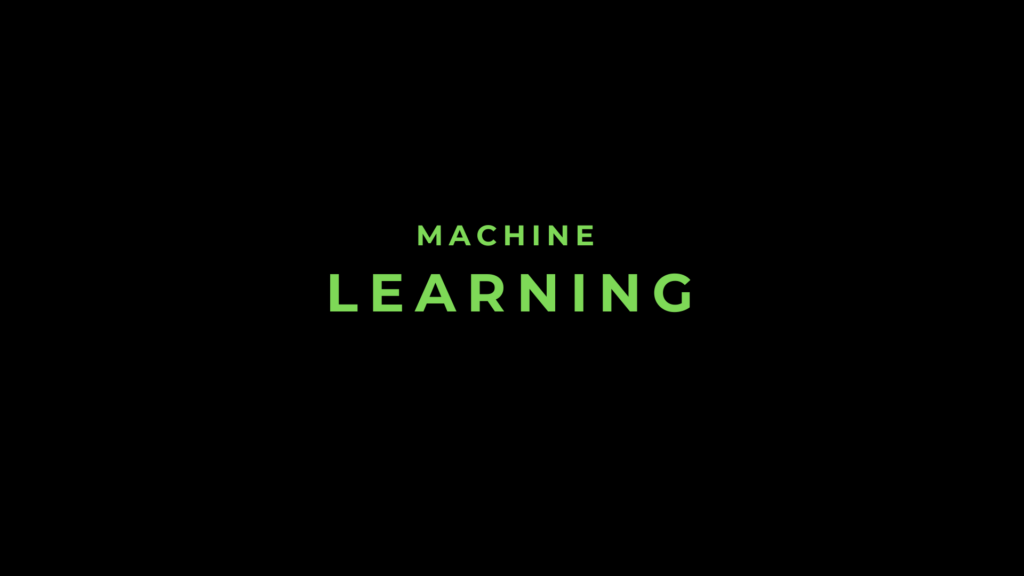
Best Java Machine Learning Libraries
As the field of artificial intelligence continues to expand, machine learning has become an essential skill for developers. Java, known for its portability and performance, is a robust choice for machine learning projects. In this article, we will explore some of the best Java machine learning libraries available, each offering unique features to cater to various needs.
1. Weka
Overview:
Weka is an open-source collection of machine learning algorithms for data mining tasks. It provides tools for data pre-processing, classification, regression, clustering, and visualization.
Key Features:
- User-friendly GUI, making it accessible for beginners.
- A wide range of algorithms and tools for data processing.
- Supports data formats like CSV and ARFF.
Use Cases:
Weka is ideal for educational purposes and quick prototyping, especially in research and academia.
2. Deeplearning4j
Overview:
Deeplearning4j is a powerful, open-source deep learning library designed for Java and Scala. It is built for business environments and is compatible with Hadoop and Apache Spark.
Key Features:
- Distributed training for large datasets.
- Integration with various data sources, including HDFS and databases.
- Support for recurrent neural networks (RNNs) and convolutional neural networks (CNNs).
Use Cases:
Deeplearning4j is suitable for enterprise-level applications, such as predictive analytics and natural language processing.
3. Apache Spark MLlib
Overview:
MLlib is Apache Spark’s scalable machine learning library. It provides a range of algorithms for classification, regression, clustering, and collaborative filtering.
Key Features:
- Fast processing capabilities due to in-memory computation.
- Integration with big data tools like Apache Hadoop.
- Support for various programming languages, including Java, Scala, and Python.
Use Cases:
MLlib is perfect for handling large-scale machine learning tasks in big data environments.
4. MOA (Massive Online Analysis)
Overview:
MOA is an open-source framework for data stream mining. It is designed for handling real-time data and can process data from various sources.
Key Features:
- Real-time analysis of data streams.
- Support for numerous algorithms for classification, clustering, and regression.
- Capability to visualize and evaluate the performance of models.
Use Cases:
MOA is particularly beneficial for applications requiring real-time data analysis, such as fraud detection and online recommendation systems.
5. Java-ML
Overview:
Java-ML is a Java library that focuses on providing a collection of machine learning algorithms and tools for researchers and developers.
Key Features:
- Modular architecture that allows easy addition of new algorithms.
- A variety of preprocessing tools, such as normalization and feature extraction.
- Comprehensive documentation and user guides.
Use Cases:
Java-ML is suitable for researchers looking to experiment with different algorithms and data processing techniques.
6. Encog
Overview:
Encog is a versatile machine learning framework for Java that supports various algorithms, including neural networks, support vector machines, and genetic algorithms.
Key Features:
- Easy integration into existing Java applications.
- Support for various platforms, including Android.
- Comprehensive learning capabilities for different machine learning tasks.
Use Cases:
Encog is excellent for developers building machine learning models across multiple platforms, including mobile applications.
7. Smile
Overview:
Smile (Statistical Machine Intelligence and Learning Engine) is a comprehensive machine learning library that provides advanced algorithms and statistical tools.
Key Features:
- Rich set of algorithms for classification, regression, clustering, and more.
- Fast performance with efficient implementations.
- Visualization tools for data exploration.
Use Cases:
Smile is ideal for data scientists and developers looking for a robust library with advanced statistical capabilities.
Conclusion
Choosing the right machine learning library in Java can significantly impact your project’s success. Each of the libraries mentioned offers unique features tailored to different needs, whether you’re a beginner looking to experiment or a seasoned developer working on enterprise-level applications. As you embark on your machine learning journey, consider these libraries to harness the power of Java in your AI projects. With the right tools at your disposal, you can transform your ideas into reality and contribute to the ever-evolving landscape of machine learning.
